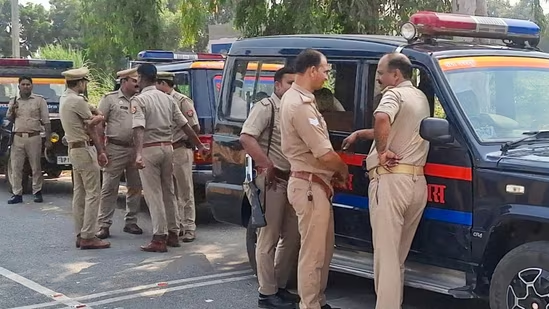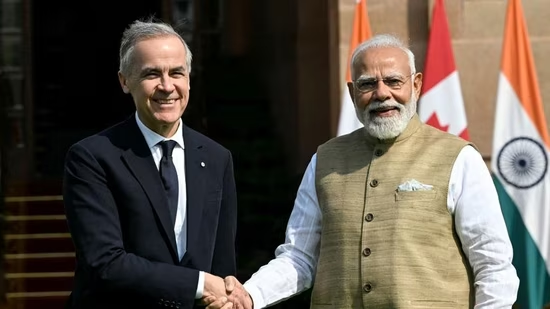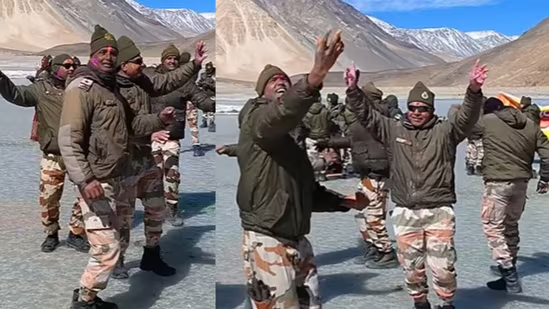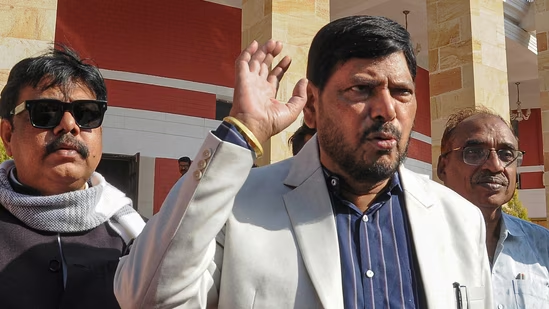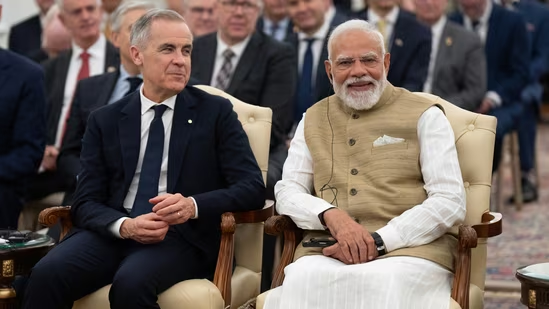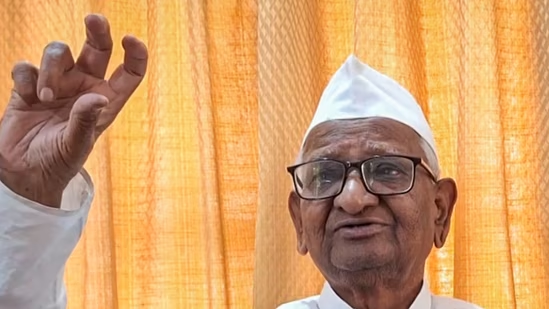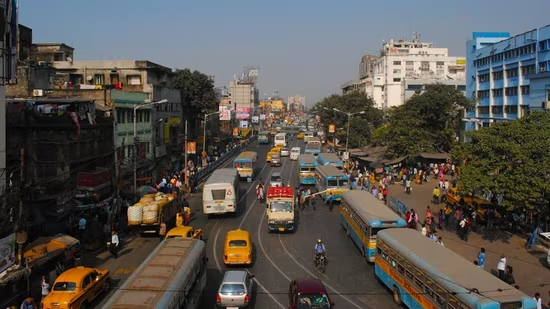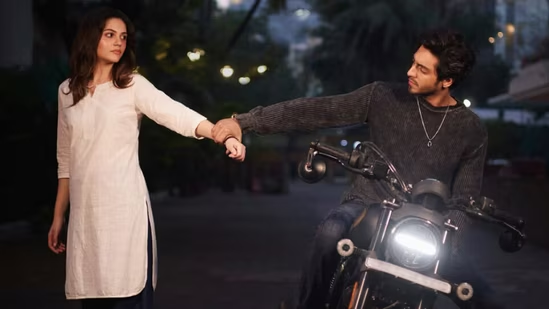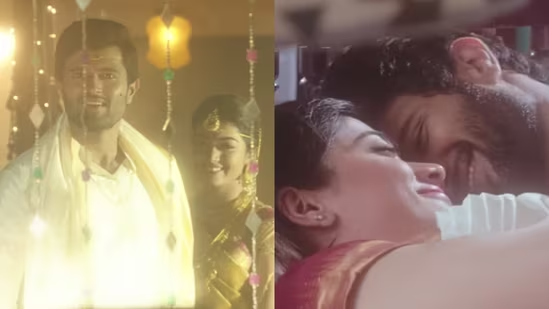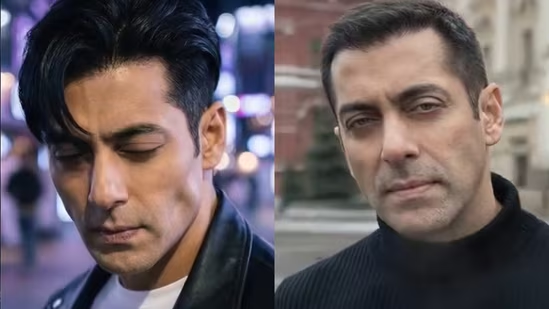Arvind Kejriwal Bail: The AAP leader can now leave jail – after nearly six months in prison without a trial – after having secured bail in the earlier case filed by the Enforcement Directorate.
New Delhi: Delhi Chief Minister Arvind Kejriwal has been granted bail by the Supreme Court – which found his “prolonged incarceration amounts to unjust deprivation of liberty” – after his arrest by the Central Bureau of Investigation in June in connection with the alleged liquor excise policy case.
The Aam Aadmi Party leader can now leave jail – after nearly six months without a trial – since he already has bail in the case filed by the Enforcement Directorate. He cannot, however go to his office or the Delhi Secretariat, or sign files without Lieutenant Governor VK Saxena’s consent.
In a brief session Friday morning Justice Ujjal Bhuyan and Justice Surya Kant delivered separate verdicts on Mr Kejriwal’s two pleas but agreed that the Chief Minister must be released.
Mr Kejriwal had also challenged the CBI’s arrest – which came days after the trial court in Delhi granted him bail in the ED case, and has been criticised by his lawyers as an “insurance arrest”.
On this they differed, with Justice Kant declaring “no impediment” to the CBI’s arrest, but Justice Bhuyan asking why the agency had become active “only after trial court granted bail in ED case”.
On the matter of bail, however, the judges were united, noting “completion of trial (is) unlikely in (the) immediate future”. The court then ruled as it had for others in this case, including ex-Deputy Chief Minister Manish Sisodia and Telangana politician K Kavitha. Both were released on similar grounds.
And, as it had for Mr Sisodia, the court said it was a “travesty of justice” to keep Mr Kejriwal in jail without notice of a trial, particularly since he had already been granted bail in the case filed by the ED, in which he faced charges under the stringent Prevention of Money Laundering Act.
“I fail to understand great urgency on part of CBI to arrest appellant when he was on cusp of release in the ED case. (Additional Solicitor General SV) Raju (appearing for the CBI) vehemently argued appellant has to first approach trial court… this can’t be accepted,” Justice Bhuyan said.
In strong comments he also underlined the ‘bail is rule, jail exception’ legal principle that featured in Mr Sisodia and Ms Kavitha’s release. “Further detention by CBI under same predicate offense is untenable. There is presumption of innocence. Bail is the rule and jail an exception.”
The Supreme Court has already underlined the primacy of this principle, which was established in 1977 by Justice Krishna Iyer, holding it valid in both money-laundering and anti-terror cases.
AAP Rejoices
Mr Kejriwal’s wife, Sunita Kejriwal, who delivered fiery political speeches while her husband was in jail, said the BJP’s “plans” had been defeated. They want to jail opposition leaders and stay in power…”






